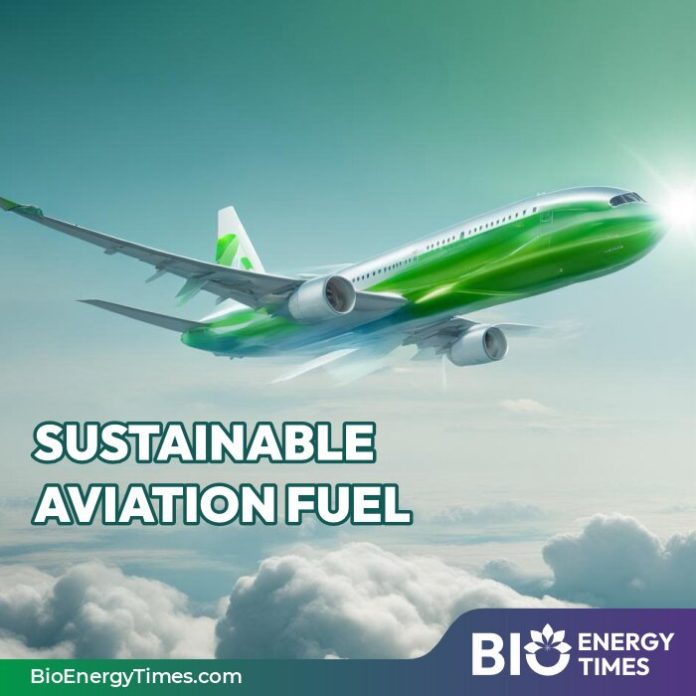State-run Bharat Petroleum Corp (BPCL) is planning to establish sustainable aviation fuel (SAF) units at its three refineries, as per media report. This initiative is aimed at supporting the government’s target of achieving 1% blending of SAF. BPCL is planning to invest up to Rs 1,400 crore for setting up these facilities.
BPCL operates three refineries located in Mumbai, Kochi, and Bina (Madhya Pradesh), collectively capable of refining 35.3 million metric tonnes per annum (mmtpa) of crude oil.
As per news report published in The Economic Times, in response to queries, BPCL stated, “We are actively evaluating various technologies, assessing availability of feedstocks, and analyzing market demand to determine the optimal location for our upcoming SAF production unit. The final decision on the refinery site for the SAF plant will be based on these evaluations.”
The company aims to establish an SAF production facility capable of achieving 5% blending, in line with the Government of India’s mandate by 2030. Initial plans involve achieving 1% SAF blending for the international aviation sector by 2027, with an estimated daily production capacity of around 100 tonnes.
Last year, Indian Oil Corp (IOC), the country’s largest refiner, signed an agreement with LanzaJet to explore large-scale SAF production in India using LanzaJet’s alcohol-to-jet (ATJ) technology. IOC plans to commence operations at India’s first commercial-scale SAF plant in Panipat by 2026. State-run Mangalore Refineries and Petrochemicals is also setting up a 20-kilolitre-per-day SAF plant. It is using CSIR-Indian Institute of Petroleum’s single-step process that converts used cooking oil or palm waste to produce SAF.
BPCL intends to prioritize indigenous technologies wherever feasible. “We are evaluating three primary technology pathways – co-processing oil to jet in an existing facility, establishing a greenfield oil to jet facility, and setting up a new facility for alcohol to jet production. Our selection criteria include sustainability, logistical feasibility, and economic viability,” BPCL noted.
“While domestic technologies are evolving, initial assessments suggest that mature technologies from international providers are readily accessible to meet the blending requirements within stipulated timelines. We are currently in discussions with multiple stakeholders across all three technology pathways,” BPCL added.















